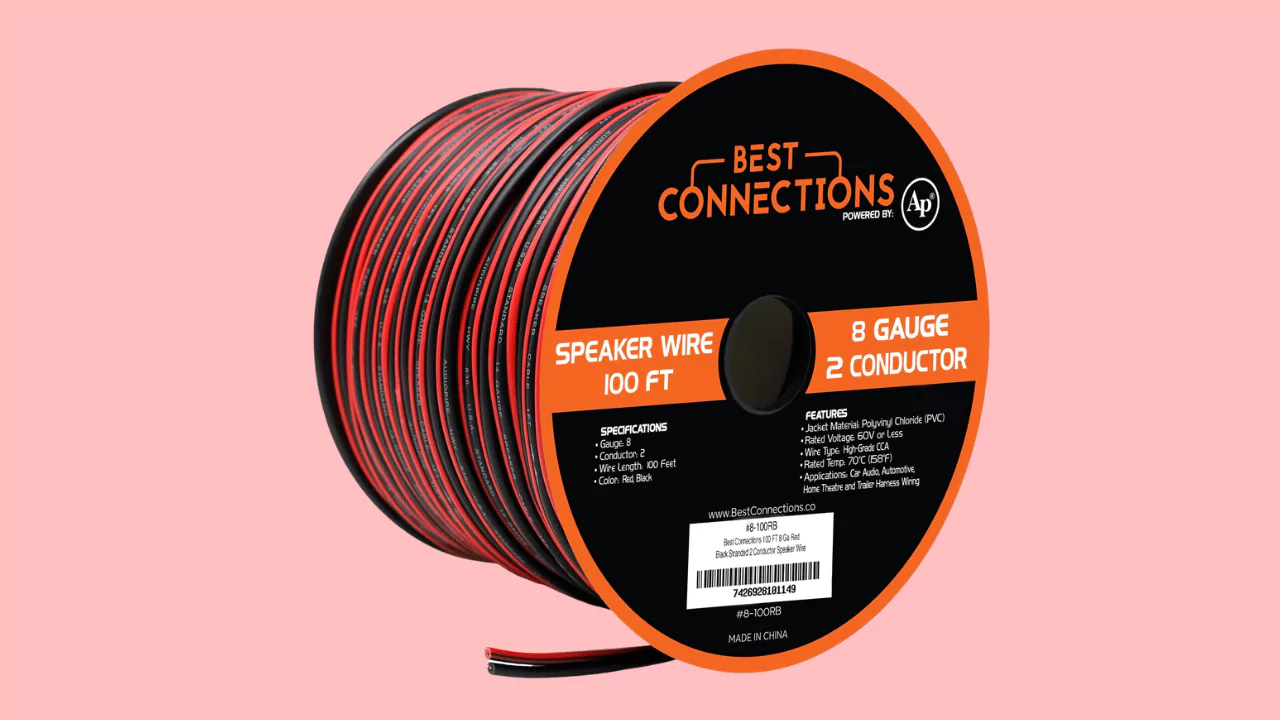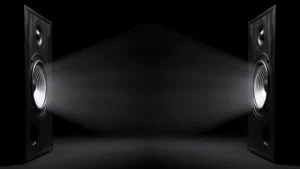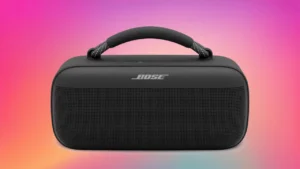8 gauge speaker wire cannot handle watts directly. Speaker wire transfers electrical signals, not power, measured in watts.
However, its amperage rating, which is the amount of current it can safely carry, indirectly affects how much power it can handle.
In This Article:
Is 8 Gauge Wire Good for Speaker Wire?
8 gauge wire is considered thick for speaker wire and is generally overkill for most home audio applications. It’s typically used for:
- High-powered car audio systems
- Long speaker wire runs (exceeding 50 feet)
- Speakers with low impedance (4 ohms)
Factors to Consider When Choosing Speaker Wire Gauge
While 8 gauge wire can handle high currents, several factors influence the appropriate wire gauge for your setup:
- Speaker power: Higher wattage speakers require thicker gauge wire to minimize power loss.
- Speaker impedance: Lower impedance speakers (like 4 ohms) demand thicker wire compared to higher impedance speakers (like 8 ohms).
- Cable length: Longer cable runs experience higher resistance, necessitating thicker wire to maintain signal strength.
Tips for Using Smaller Wire Sizes
For typical home audio setups with moderate speaker power, speaker lengths under 50 feet, and 8-ohm speakers, thinner gauge wires (like 12 or 14 gauge) are sufficient and more cost-effective.
Pros and Cons of Oxygen-Free Wire
Oxygen-free copper (OFC) wire offers slightly lower resistance compared to standard copper wire, potentially improving sound quality in high-fidelity systems. However, the price difference is often negligible for most home audio applications.
Choosing the Right Speaker Wire Gauge for Your System
Matching wire gauge to power demands:
- Up to 100 watts: 18 gauge
- 100-200 watts: 16 gauge
- 200-400 watts: 14 gauge
- 400+ watts: 12 gauge or thicker (depending on factors mentioned above)
Tips for saving money on wire:
- Buy wire by the foot instead of pre-made cables.
- Consider bulk spools for longer runs.
- Look for sales and discounts on reputable brands.
Differences between copper and copper-clad aluminum (CCA):
- Copper: Offers superior conductivity but is more expensive.
- CCA: More affordable but has higher resistance, potentially impacting sound quality in critical listening scenarios.
How to Connect 8 Gauge Speaker Wire into an Amp?
Connecting speaker wire, regardless of gauge, involves stripping the wire ends, inserting them into the corresponding speaker terminals (positive and negative) on the amp and speaker, and securing them tightly. Refer to your amp and speaker manuals for specific instructions.
Can 8-Gauge Wire Handle 50 Amps?
8 gauge wire can typically handle up to 50 amps, but this depends on factors like:
- Wire temperature rating: Higher temperature ratings allow for higher amperage.
- Wire installation method: In-wall installations have different amperage limitations compared to exposed runs.
- Local building codes: Always adhere to local regulations for safe wire installation.
How Thick is an 8 Gauge Wire?
The diameter of an 8 gauge wire is approximately 3.26 millimeters (0.1285 inches).
Remember, choosing the appropriate speaker wire gauge involves considering your specific system requirements and balancing factors like performance, cost, and ease of installation.




